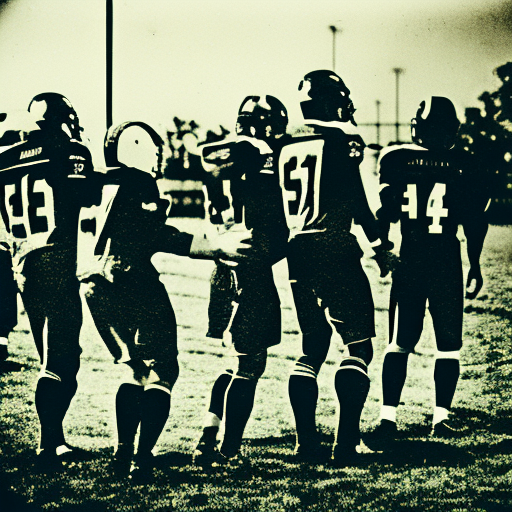Summary:
The Football War was a brief conflict that took place between El Salvador and Honduras in 1969. The war was sparked by long-standing tensions between the two countries, exacerbated by a series of incidents during a World Cup qualifying match between their national football teams. The conflict lasted for just over a week and resulted in thousands of casualties, as well as significant political and economic consequences for both nations.
Background:
Tensions between El Salvador and Honduras had been simmering for years due to a variety of factors, including land disputes, economic inequality, and migration issues. The two countries also had a long history of rivalry in football, which further fueled animosity between their populations. In 1969, the two nations faced each other in a series of matches to determine which team would qualify for the 1970 FIFA World Cup.
Triggering Incident:
The first leg of the World Cup qualifier took place in Honduras, resulting in a 1-0 victory for the home team. This outcome led to heightened tensions and violence, both on and off the field. When the teams met again in El Salvador for the second leg, the situation escalated even further. The Salvadoran team won the match 3-0, but the victory was marred by controversy and violence. Honduran fans and players were attacked, and the Honduran embassy in El Salvador was vandalized.
Outbreak of War:
In the days following the match, the situation deteriorated rapidly. Riots broke out in both countries, and there were reports of widespread violence against Salvadoran immigrants living in Honduras. On July 14, 1969, El Salvador severed diplomatic ties with Honduras and launched a military offensive. The conflict quickly escalated into a full-scale war, with both countries mobilizing their armed forces.
Course of the War:
The war between El Salvador and Honduras lasted for just over a week, but it was marked by intense fighting and significant casualties. El Salvador had a larger and better-equipped military, and they quickly gained the upper hand. Salvadoran forces launched air strikes, invaded Honduran territory, and captured several key towns and cities. The conflict also involved naval battles and ground skirmishes.
Resolution and Aftermath:
International pressure, particularly from the Organization of American States (OAS), led to a ceasefire agreement on July 20, 1969. The war had resulted in thousands of casualties, including both military personnel and civilians. The conflict also had severe economic consequences for both nations, as trade between El Salvador and Honduras came to a halt, and infrastructure was destroyed.
Legacy:
The Football War had a lasting impact on the relationship between El Salvador and Honduras. The conflict exacerbated existing social and economic tensions, leading to further migration and displacement. It also highlighted the deep-rooted issues of inequality and nationalism in the region. Efforts to reconcile and improve relations between the two countries have been ongoing since the war, but the scars of the conflict still linger.
In conclusion, the Football War was a brief but intense conflict between El Salvador and Honduras in 1969. Triggered by a series of incidents during a World Cup qualifying match, the war resulted in significant casualties and had lasting political and economic consequences for both nations. The conflict highlighted the deep-seated tensions between the two countries and the broader issues of inequality and nationalism in the region. Despite ongoing efforts to reconcile, the legacy of the Football War continues to impact the relationship between El Salvador and Honduras to this day.












